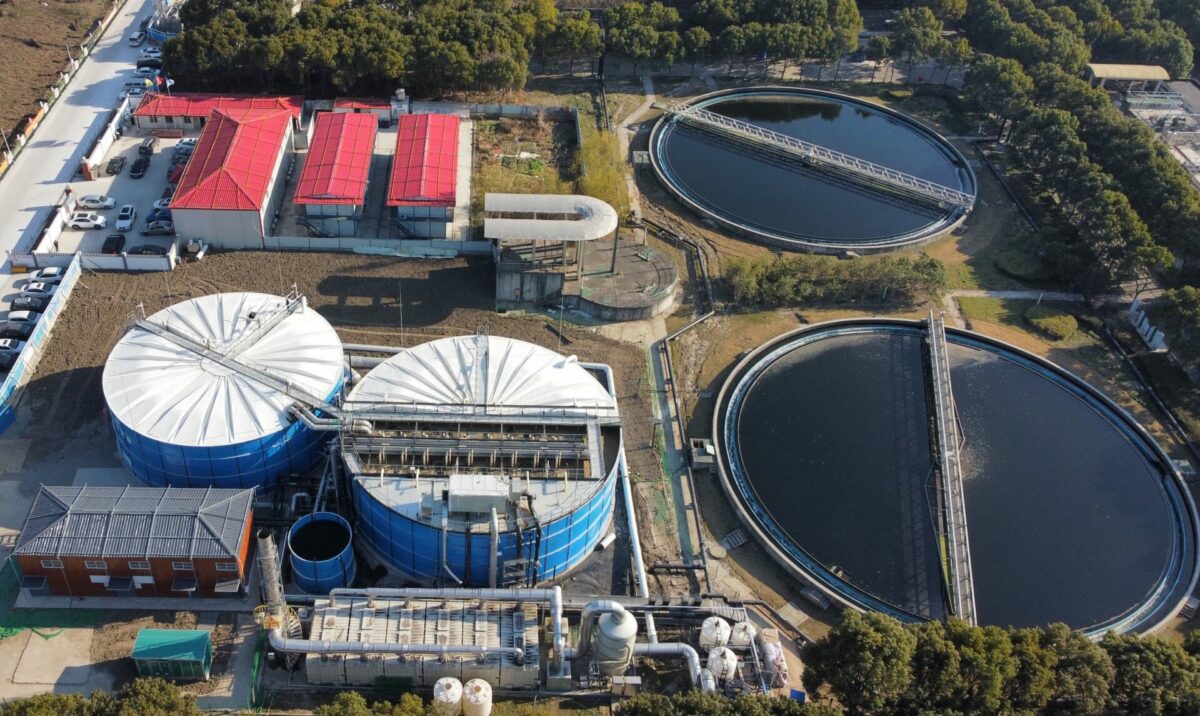New research published in Nature Sustainability analyzes the potential of symbiotic infrastructure systems, compared with independent infrastructures, to increase environmental and economic benefits.
The research led by 2020 Fellow, Yang Guo at Princeton University working with Prof. Denise Mauzerall and supported by Schmidt Science Fellows, suggests fostering connections between coal power and wastewater treatment plants. These interconnections can address water shortages, waste treatment, and climate change by reusing water and co-combusting sludge with coal. The research delivers high-resolution solutions for policymakers and practitioners using a system model and plant-level information.

Yang commented: “There is large potential for symbiosis between current infrastructure and industrial configurations. Identifying such cross-sector opportunities requires interdisciplinary understanding for engineering interventions and policy making.”
Energy-water infrastructure symbiosis has the potential to bring carbon mitigation, freshwater conservation, and further economic benefits.
Yang continued: “Understanding and leveraging interactions among various sectors provide remarkable opportunities for sustainability, in addition to existing sectoral strategies.”
Read the full paper here.